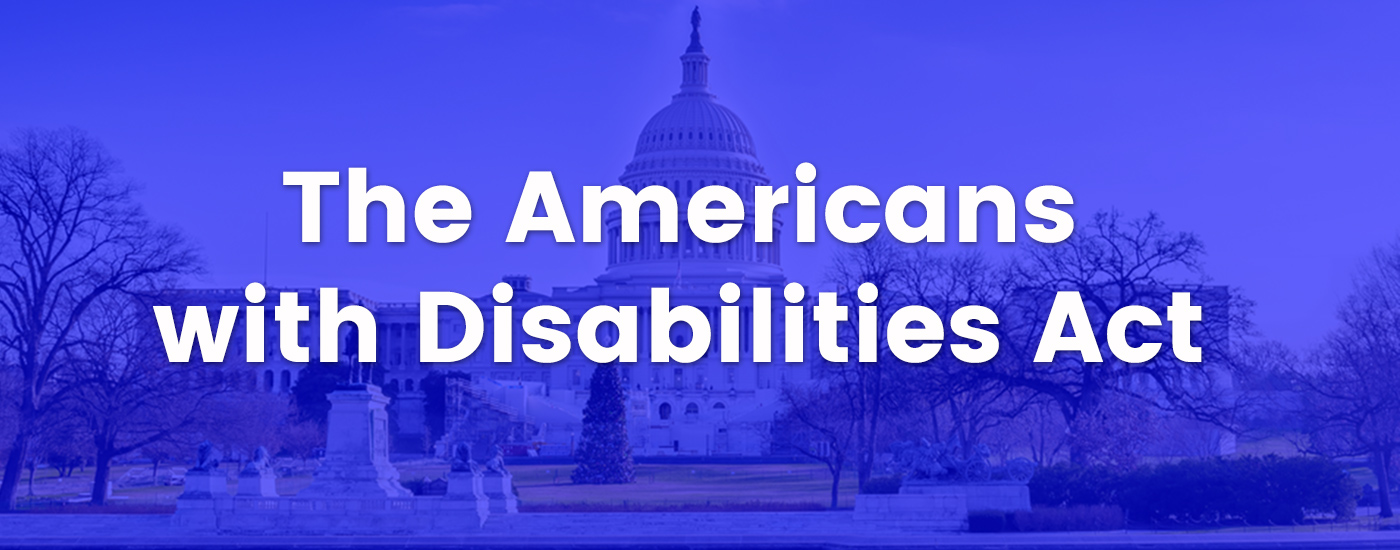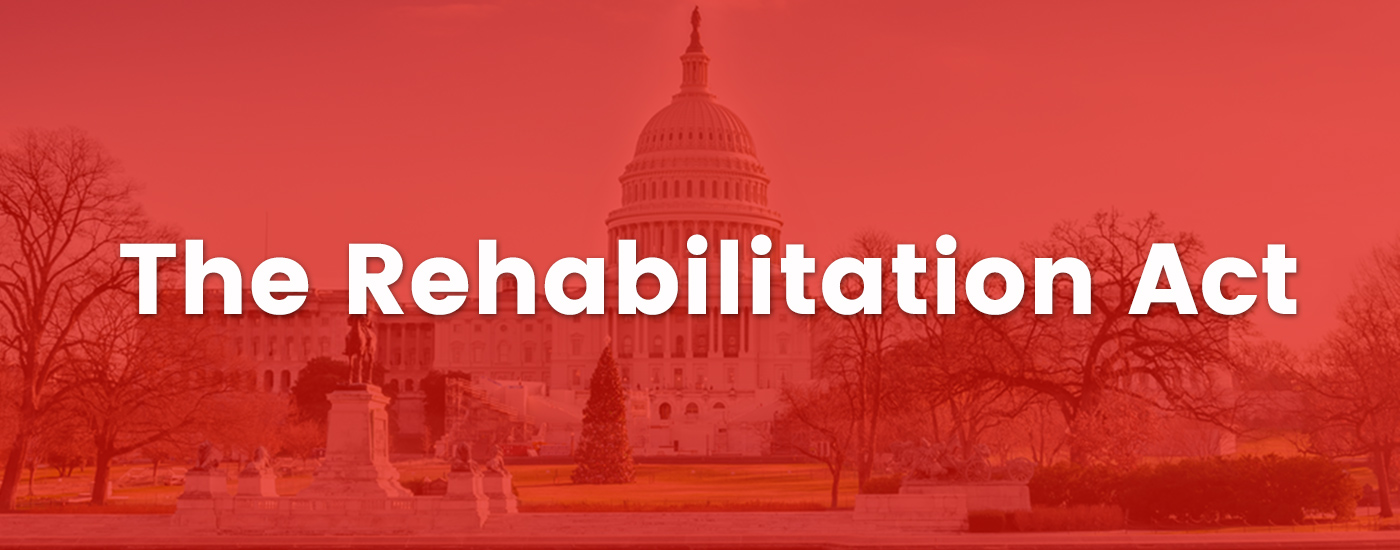Accessibility Laws for Public Colleges
Updated: February 2, 2021
Public colleges and universities around the US are legally required to make both digital and physical environments on campus accessible to people with disabilities.
In recent years, many students with disabilities have found themselves at a disadvantage when some public universities have neglected to be proactive about accessibility in the procurement and adoption of new digital and web-based educational technologies critical to participating in academic studies.
A basic understanding of how longstanding disability rights laws apply to institutions of higher education can help schools ensure that they are both complying with those laws and giving all their students a fair shot at achieving upward mobility in an increasingly technologically-dependant society.
The following federal accessibility laws, as well as individual state laws, impact public universities as follows:
The Americans with Disabilities Act (ADA)
The ADA is a civil rights law that requires certain entities to ensure people with disabilities have equal access to public services and accommodations.
Title II
Title II of the ADA prohibits disability discrimination by all public entities at the local and state level. Agencies such as schools, courts, police departments, and any government entity must comply with Title II regulations as outlined by the U.S. Department of Justice, regardless of whether they receive federal funds. More specifically, Title II states public institutions may not refuse to allow a student to participate in an activity on the basis of disability and requires reasonable accommodations for students with disabilities.
Both Section 504 of the Rehabilitation Act (see below) and Title II are enforced by the U.S. Department of Education, Office of Civil Rights (OCR).
Title III
Title III of the ADA applies to commercial entities and “public accommodations,” which include most places of lodging, recreation, entertainment, transportation, education, and medical care, among other things. Under Title III, no individual may be discriminated against on the basis of disability with regards to the full and equal enjoyment of the goods, services, facilities, or accommodations of any place of public accommodation.
Public-facing websites everywhere, including those of public universities, are increasingly being considered places of public accommodation by disability rights groups, courts, and official government entities. Massive open online courses (MOOCs) from both public and private universities have been considered places of public accommodation under Title III of the ADA in recent court cases.
The Rehabilitation Act
Enacted in 1973, the Rehabilitation Act is a federal anti-discrimation law that implicates federal and federally-funded programs. It originally emphasized equal employment practices, reasonable accommodations, and federally subsidized programming for individuals with disabilities. With the advent of the Internet, an amendment (Section 508) was signed into law in 1998, expanding the Rehabilitation Act to include equal access to electronic and information technology.
Section 504
Section 504 of the Rehabilitation Act is widely considered to be the first statute to declare civil rights for individuals with disabilities. Under Section 504, an individual with a disability must have equal access to all programs, services, and activities receiving a federal subsidy. Web-based communications for public educational institutions are covered by this as well.
By definition, public institutions receive and depend on federal funding, so they must comply with Section 504. That means they are required to make accommodations for equal access, including providing users who are deaf or hard of hearing with closed captioning for educational video content.
Section 508
Section 508 mandates that federal agencies make electronic information accessible to members of the public with disabilities, as well as employees with disabilities. Section 508 applies to certain public colleges and universities that receive federal funding, such as through the Assistive Technology Act.
State Laws
Also under the umbrella of federal accessibility laws are individual state laws that mirror or add to the accessibility requirements outlined in the ADA and the Rehabilitation Act.
Many states require conformance with some or all of WCAG 2.0, the international standard for web accessibility, which requires closed captioning and audio description for video. A lot of states also have what are known as “little 508s” — laws that essentially reinforce the requirements of Section 508 of the Rehabilitation Act.
A Closer Look: Miami University, Ohio
Sometimes, in order to understand how longstanding disability rights laws apply to modern technology, it can help to look at recent court cases.
In January of 2014, a blind student filed a complaint against Miami University, Ohio. The student required the use of speech-to-text software and Braille alternatives to access her course materials, but the university did not adequately accommodate her needs. Because Miami University is a state (public) university, it is subject to Title II, and providing timely Braille materials and assistive technology-compatible content would be considered ‘reasonable accommodations’ for a blind student. The National Federation of the Blind soon joined in filing a complaint against the school, as well. Litigation continued over the next year.
Following statements from the Department of Justice in the support of the blind student, the university settled the case and agreed to a consent decree in which they agreed to ensure that web content and services are fully accessible to students with disabilities.
___
Not sure where your institution falls? Read our Roadmap to Web Accessibility in Higher Education, or take this quiz to find out which laws apply for you!
Further Reading

Subscribe to the Blog Digest
Sign up to receive our blog digest and other information on this topic. You can unsubscribe anytime.
By subscribing you agree to our privacy policy.







